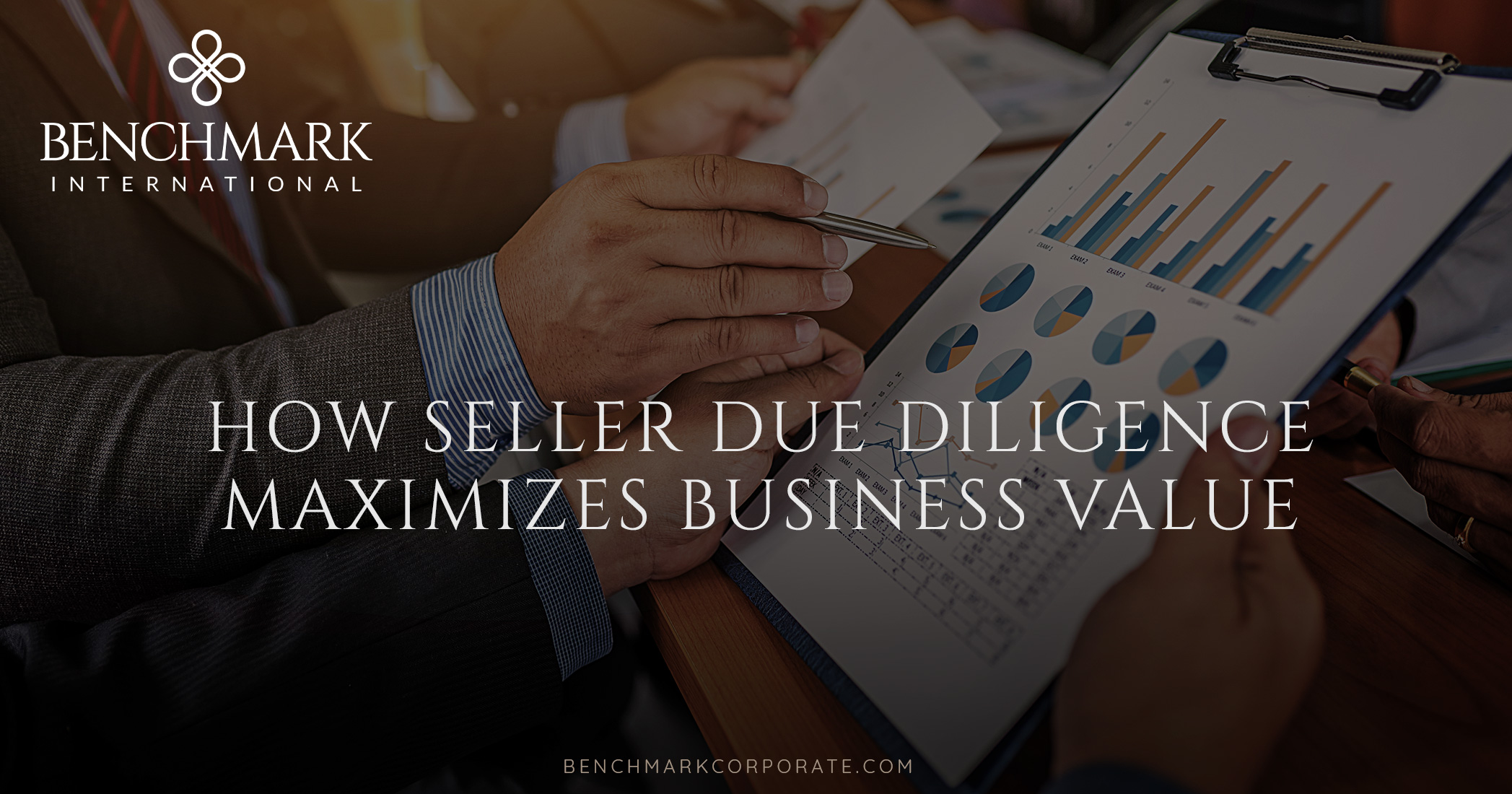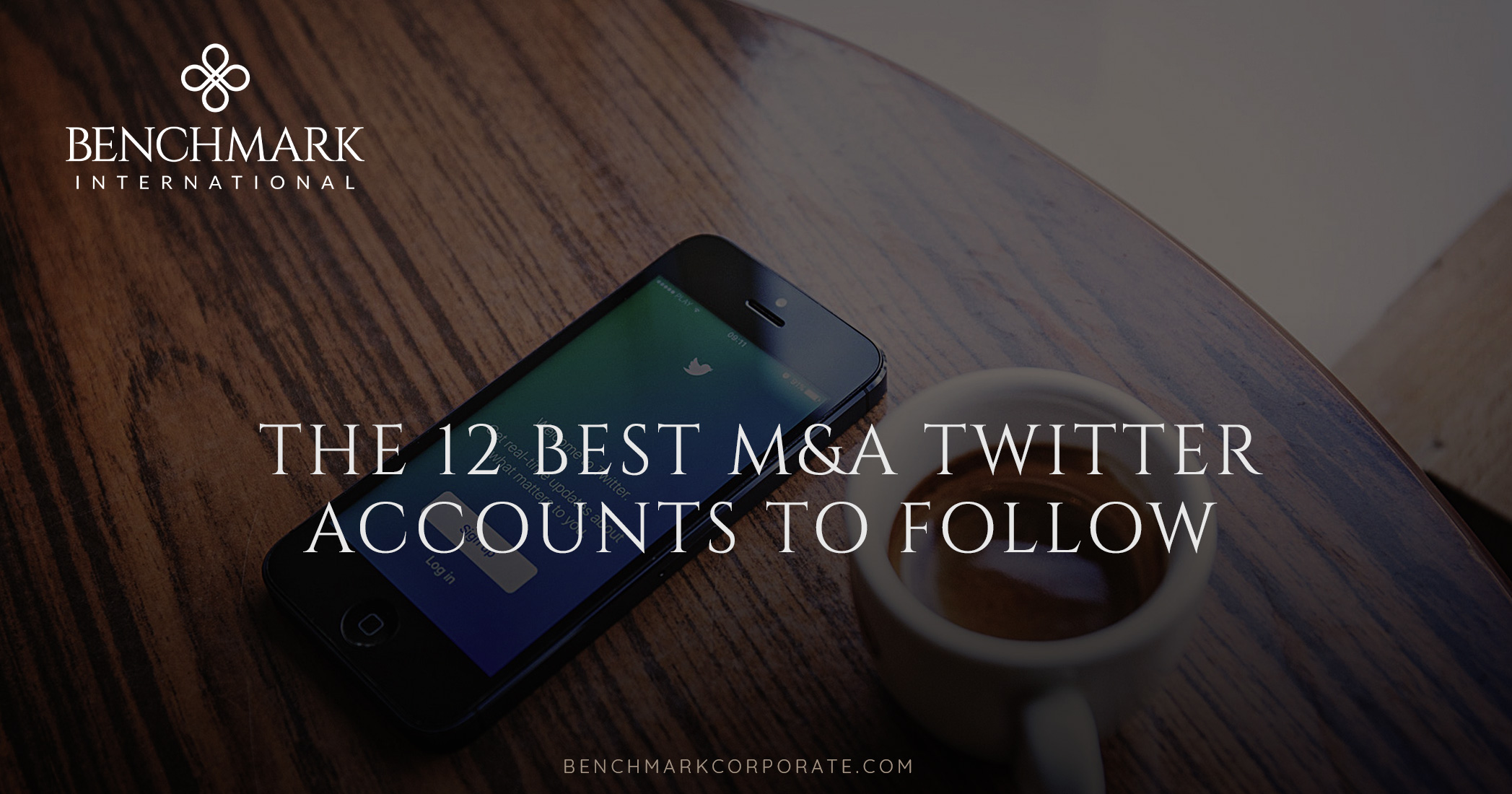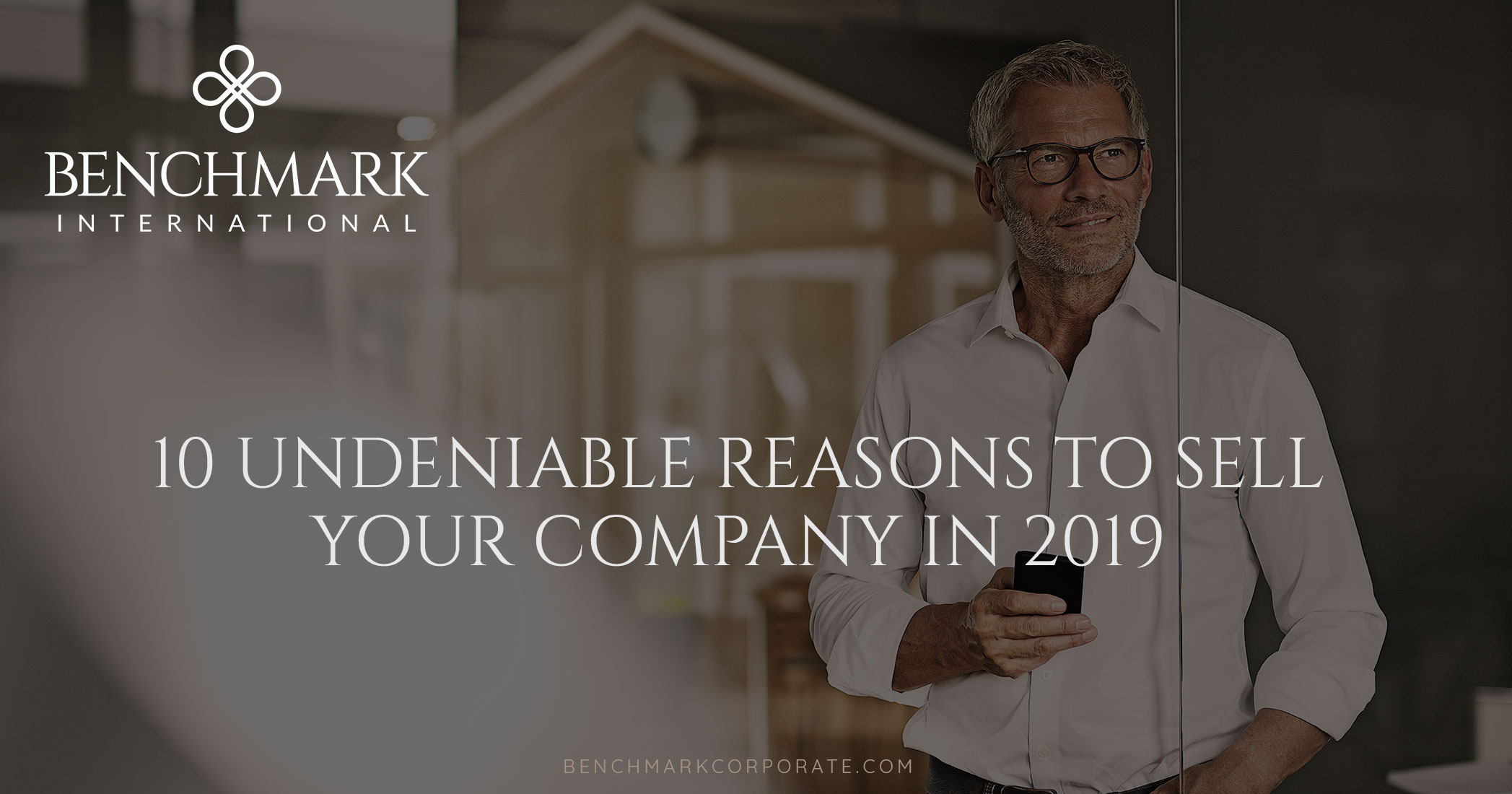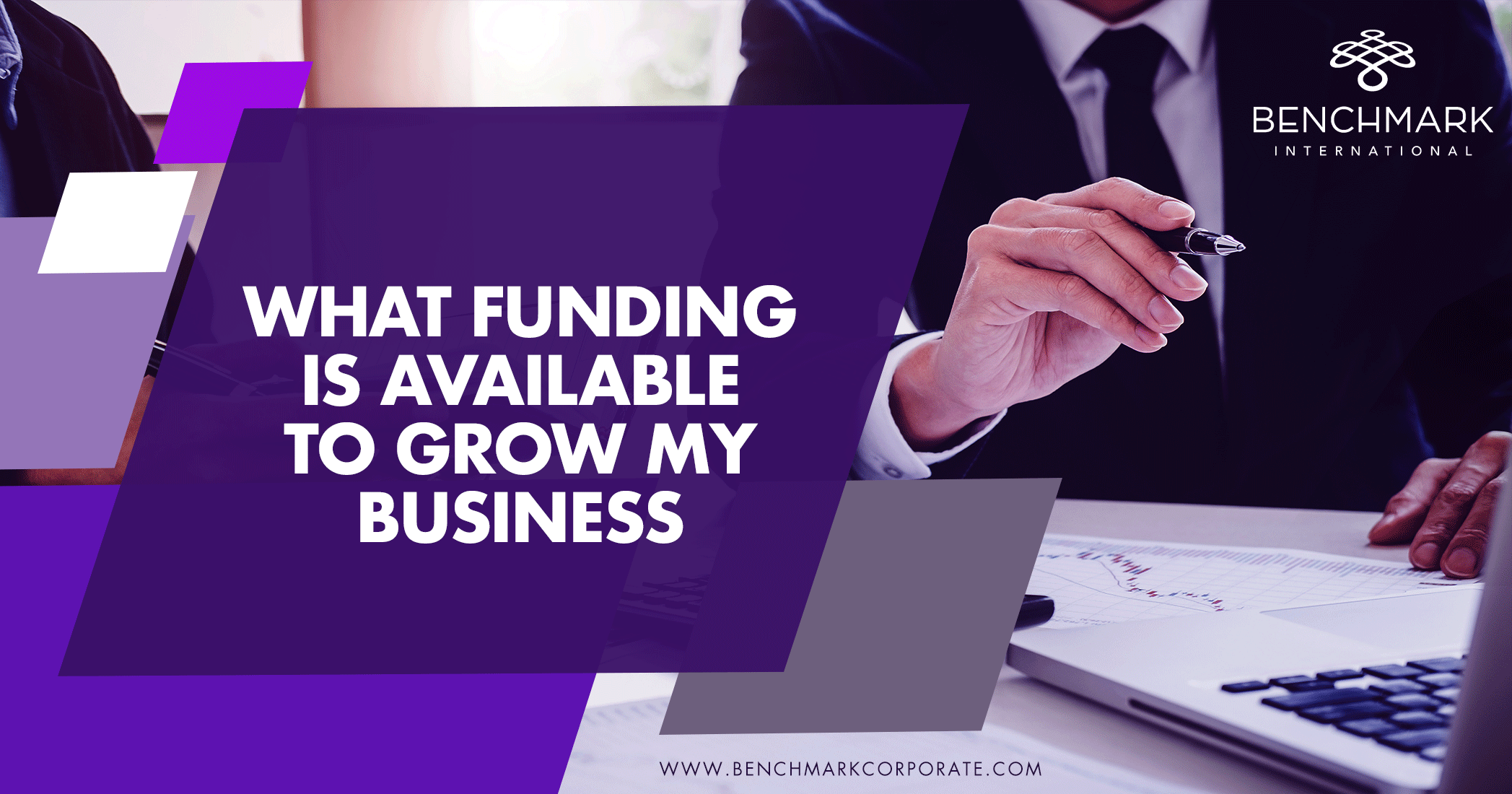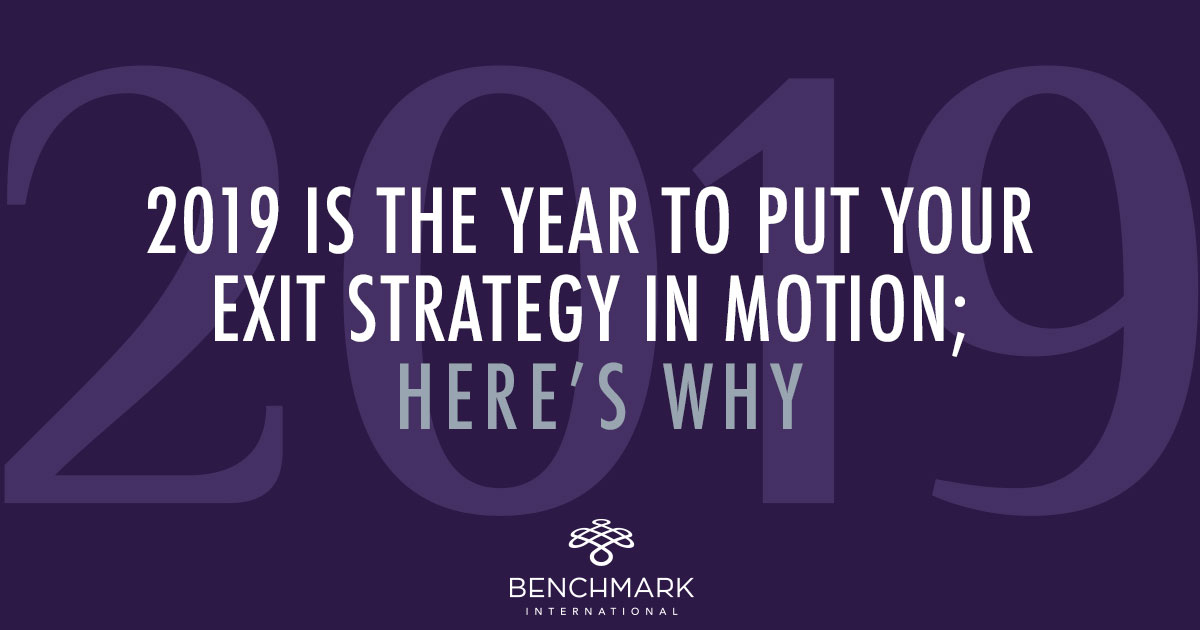When business owners begin the process of selling their business, they may have expectations about the sale process. These expectations can be based on what they have read, what their friends have told them, and what their own needs are. However, the reality of selling a business can be very different from the expectations.
Timing
Sellers tend to think that a buyer will appear at their doorstep ready to transact a deal when, in reality, that is not the case. The sale of a business is a very time-consuming process. M&A transactions can take anywhere from 6 months to a few years to complete, pulling a seller away from the company, which can affect the financial performance and valuation of the business. Hiring an M&A advisor can help take some of the time burdens off of the seller.
Buyers
In our experience, it never surprises us who the buyer is at the end of the day. However, many sellers believe that their perfect buyer is international or a larger company. Again, this is not the reality of it. The ideal buyer may be right down the street or even a member of the seller's management team. When considering selling a business, a business owner needs to seek an advisor or sale process which will provide them with options when it comes to buyers. Not only does this drive up valuations, but it also allows the seller to choose the buyer that is the best fit for their company.

Business Condition
Sellers often assume that their business needs to be in the perfect shape to sell it. Sellers will typically share that they want their business to show year over year growth or a more diversified customer base. While these changes might make the business more attractive to the market, buyers buy companies for different reasons. For example, if a buyer is seeking to acquire a company to gain a relationship with a particular company, then that buyer will see a concentrated customer base as a good thing. Also, sellers will work hard to groom their business and miss out on opportunities within the open market. They work for years to grow their business, only to have the market shift and have their business not gain any additional value. The best tie to sell a business is now. We understand what's going on in the market, both from a micro and macro level, and we are not trying to predict the future.
Answer to Questions
The sale process can be very nerve-racking for sellers because of the unknowns. Sellers often expect their advisors and or buyer will be able to answer all of their questions. However, this is not the case. The sale process is just that, a process. Business owners need to go through the process to discover all the answers to their questions. Buyers are eager to get sellers comfortable with deals, integrations, and any other areas of concern for sellers. An M&A Advisor will be able to guide sellers on when they should have answers to their questions. If the answers are unknown, the M&A advisor can help guide the seller to provide comfort based on the advisor's experience.
Deal Structure
A lot of sellers assume that the majority of deals are structured as all cash transactions. All cash transactions mean when the sale closes, the seller will receive his or her money, and the buyer gets the key to the operations, allowing the seller to leave immediately. However, this scenario is a rare occurrence. Typically, a seller is required to remain with the company for 3-5 years to help with transitioning the business. Sellers in lower middle market deals tend to be critical to their company because processes are rarely formalized, and the relationships that sellers hold are key. Given the time frame for a transaction, the buyer will want to incentivize the seller to remain motivated post-closing. To achieve this goal, the buyer will want to structure the deal so that the seller has an interest in the smooth transfer and future success of the business.
Author
Kendall Stafford
Managing Partner
Benchmark International
T: +1 512 347 2000
E: Stafford@benchmarkcorporate.com
READ MORE >>
 Benchmark International
Benchmark International  Benchmark International
Benchmark International 






